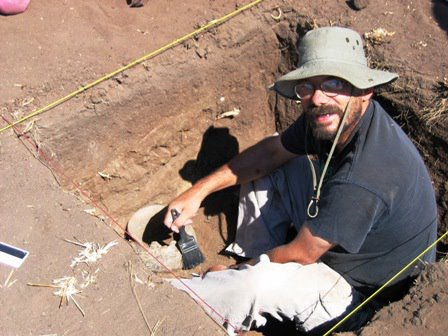An absolutely wonderful commentary on the dangers of a science education advancing creationism. Stanford President Emeritus Donald Kennedy addressed this issue during an April 4 lecture delivered to a packed house in Cubberley Auditorium. The talk, "Teaching Science: How, What and Who Decides?" was part of the Cubberley Lecture series sponsored by the School of Education to encourage dialogue about current affairs.
The opening sentence strikes at the heart of the issue:
High school students who are taught creationism instead of evolutionary theory lack the critical thinking skills that are necessary for college...
The report is so full of dead-on-target assessments of the nature of creationism/intelligent design and its detrimental impact to education that I should simply cut and paste the entire article here. Instead, here are some examples:
"What the creationist alternative does to students is to intercept and deaden curiosity," he said. "If relationships or correlations can be simply allocated to the cleverness of a designer, there's very little incentive to think up an experiment or undertake an analysis."
In reference to the recent suit against the UC system by several Christian schools, Kennedy suggests the following regarding the Christian schools' current textbooks:
Kennedy said that the textbooks use "ridicule and inappropriately drawn metaphors" concerning evolution to discourage students from formulating independent opinions. "Even with respect to the hypothesis that dominates them—namely, that biological complexity and organic diversity are the result of special creation—critical thinking is absent," he added.
At the root of the problem, Kennedy said, is a failure to attract and retain qualified teachers. To illustrate this point, he told the audience, "There is a rather sad, old joke that asks, 'What is the first name of the average high school physics teacher in Texas?' The answer is 'Coach.'"
I would suggest further that part of the problem is that teachers (particularly science teachers) need to be supported by professional scientists in their communities: those at universities, colleges, government agencies, etc. Particularly in small rural communities where teachers are often derided by community members as second class citizens and expected to teach the dominant cultural viewpoint, it is important for other science professionals to provide assistance.
Subscribe to:
Post Comments (Atom)



1 comment:
yeah truly a great site.I really enjoyed my visit.
Post a Comment